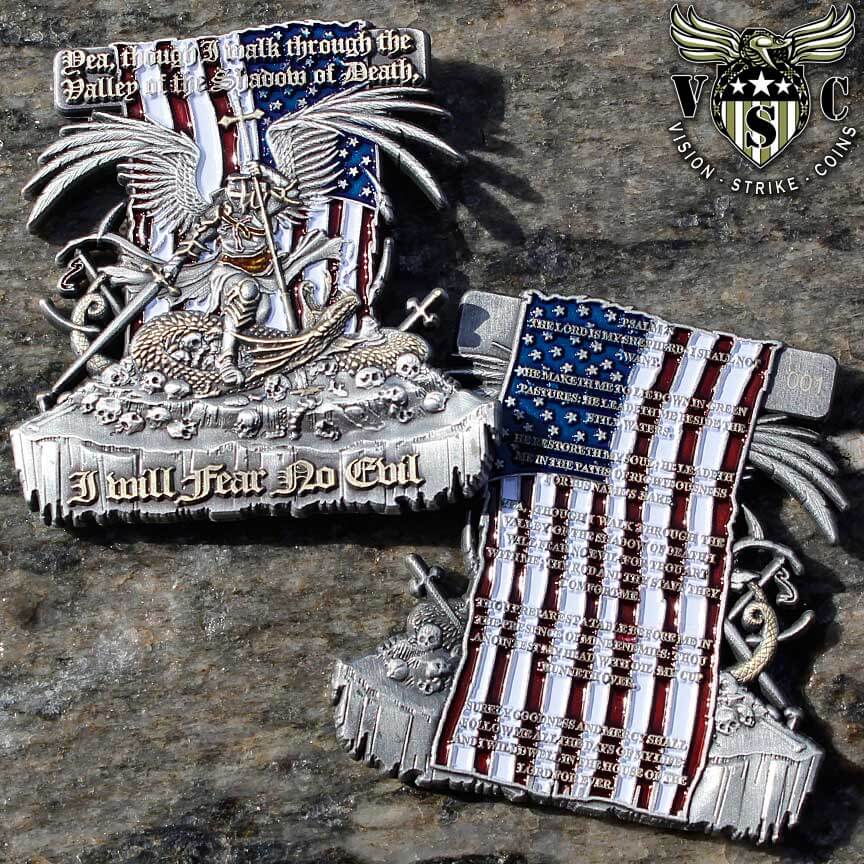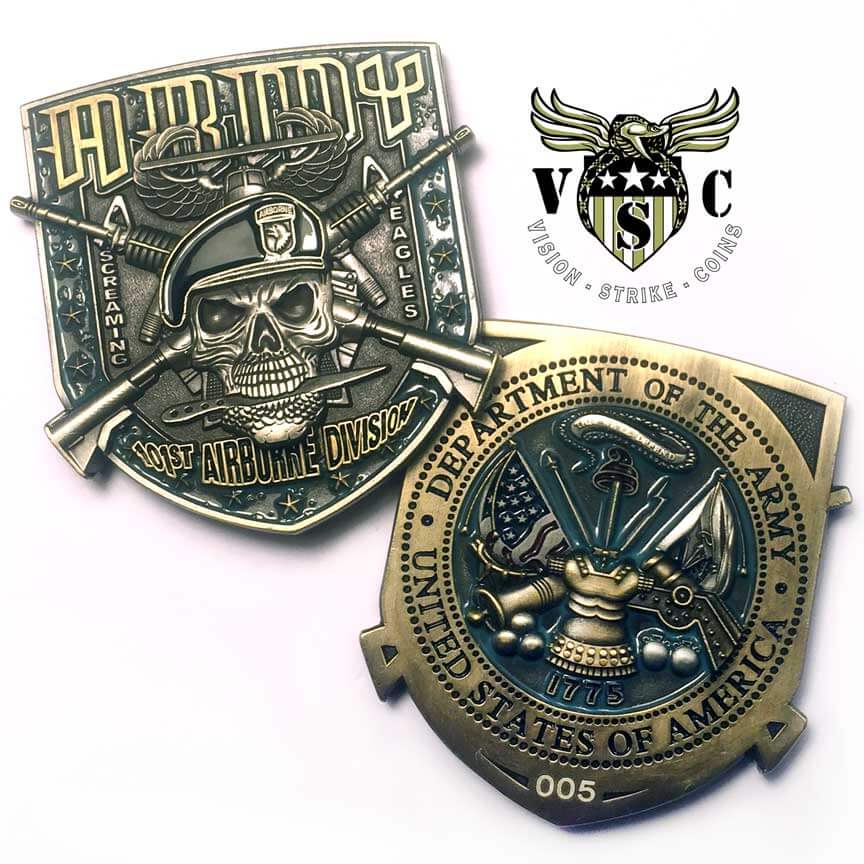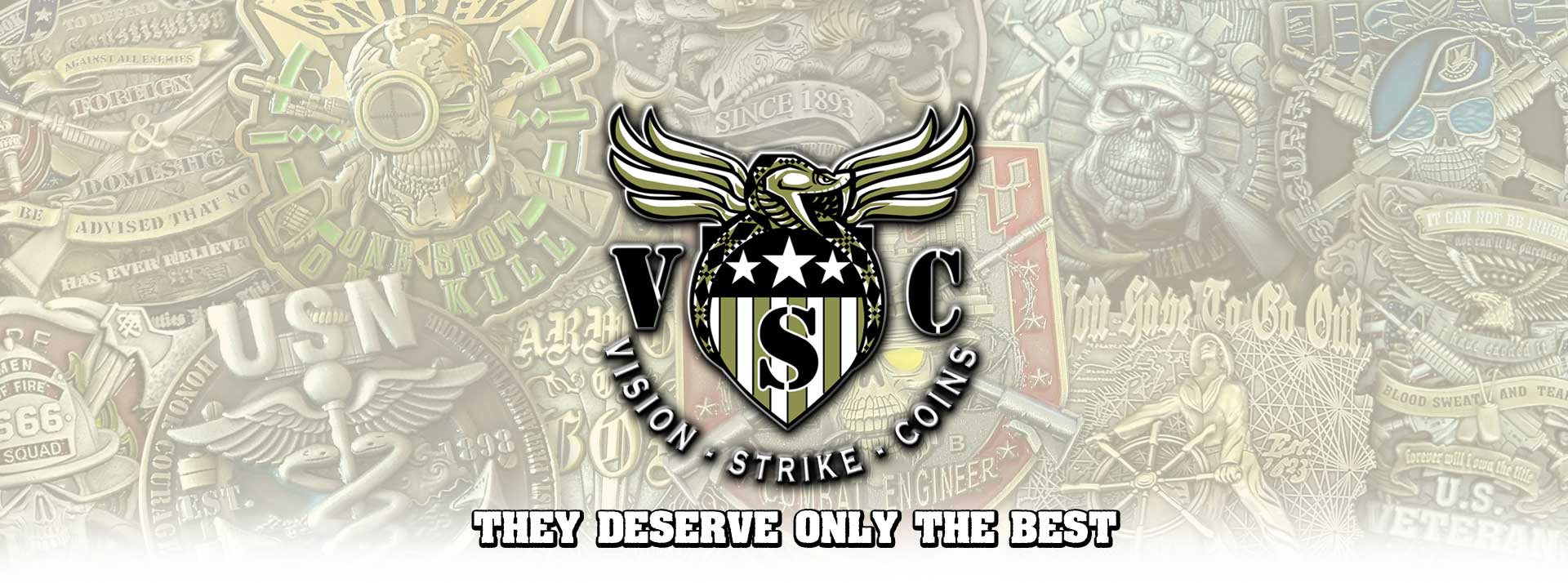Fear No Evil is a phrase that has been adopted by the US Military as a motto that represents their commitment to facing and overcoming any challenge or obstacle in their path, no matter how daunting or intimidating it may seem. The phrase has its roots in various religious and cultural traditions, but in the context of the military, it is intended to represent a spirit of courage, determination, and resilience.

The origins of Fear No Evil as a military motto can be traced back to the US Army’s 101st Airborne Division, which adopted the phrase as their unit motto during World War II. The 101st Airborne Division was one of the most highly decorated units in the war, and their motto came to symbolize the bravery and tenacity of American soldiers in the face of adversity.

Since then, Fear No Evil has become a widely recognized and respected motto throughout the US Military, appearing on patches, insignia, and other official military gear. It has also been used in numerous military-themed movies, TV shows, and video games, further cementing its place in popular culture.
But what does Fear No Evil really mean, and how does it relate to the US Military’s mission and values? At its core, Fear No Evil is a reminder that soldiers must be prepared to face and overcome any challenge they may encounter in the line of duty. Whether it’s facing down an enemy on the battlefield, navigating difficult terrain, or adapting to changing circumstances, soldiers must remain focused, determined, and unafraid.
“Fear no evil” is a powerful phrase that has been used throughout history to inspire courage and resilience in the face of adversity. The phrase has its roots in a well-known verse from the Bible, Psalm 23:4, which reads, “Even though I walk through the darkest valley, I will fear no evil, for you are with me; your rod and your staff, they comfort me.” In this blog post, we’ll take a closer look at this verse and what it means to “fear no evil.”
Psalm 23 is one of the most beloved and well-known passages in the Bible. It’s often recited at funerals and other occasions where comfort and reassurance are needed. The psalm is attributed to King David, who wrote it as a reflection on his own experiences as a shepherd and as a king. In the psalm, David compares God to a shepherd who cares for his flock, providing them with everything they need and protecting them from harm.
The fourth verse of the psalm is particularly powerful. In it, David acknowledges that there will be times when he will have to walk through dark and difficult valleys. These valleys could represent any number of challenges or struggles we might face in life, whether it’s illness, loss, or fear. Yet despite the darkness that surrounds him, David declares that he will not fear any evil. Why? Because he knows that God is with him, providing comfort and protection.
The image of the rod and staff is particularly important here. In biblical times, a shepherd’s rod and staff were essential tools for caring for the flock. The rod was used to defend against predators, while the staff was used to guide and support the sheep. When David speaks of God’s rod and staff comforting him, he’s drawing on this familiar imagery to express his trust in God’s protection and guidance.
So what does it mean to “fear no evil”? Essentially, it means that we can face whatever challenges come our way with confidence and resilience, knowing that God is with us every step of the way.

